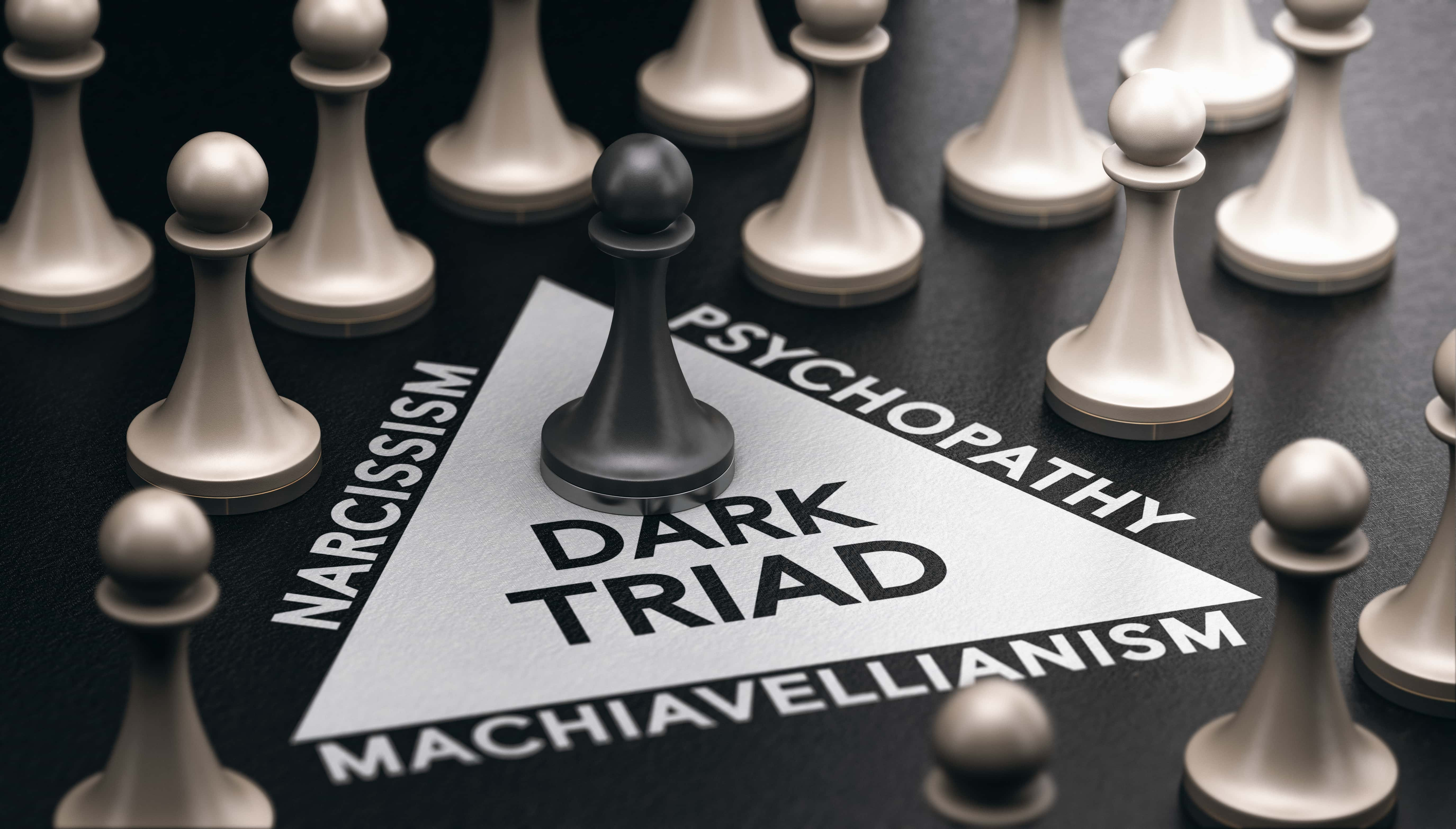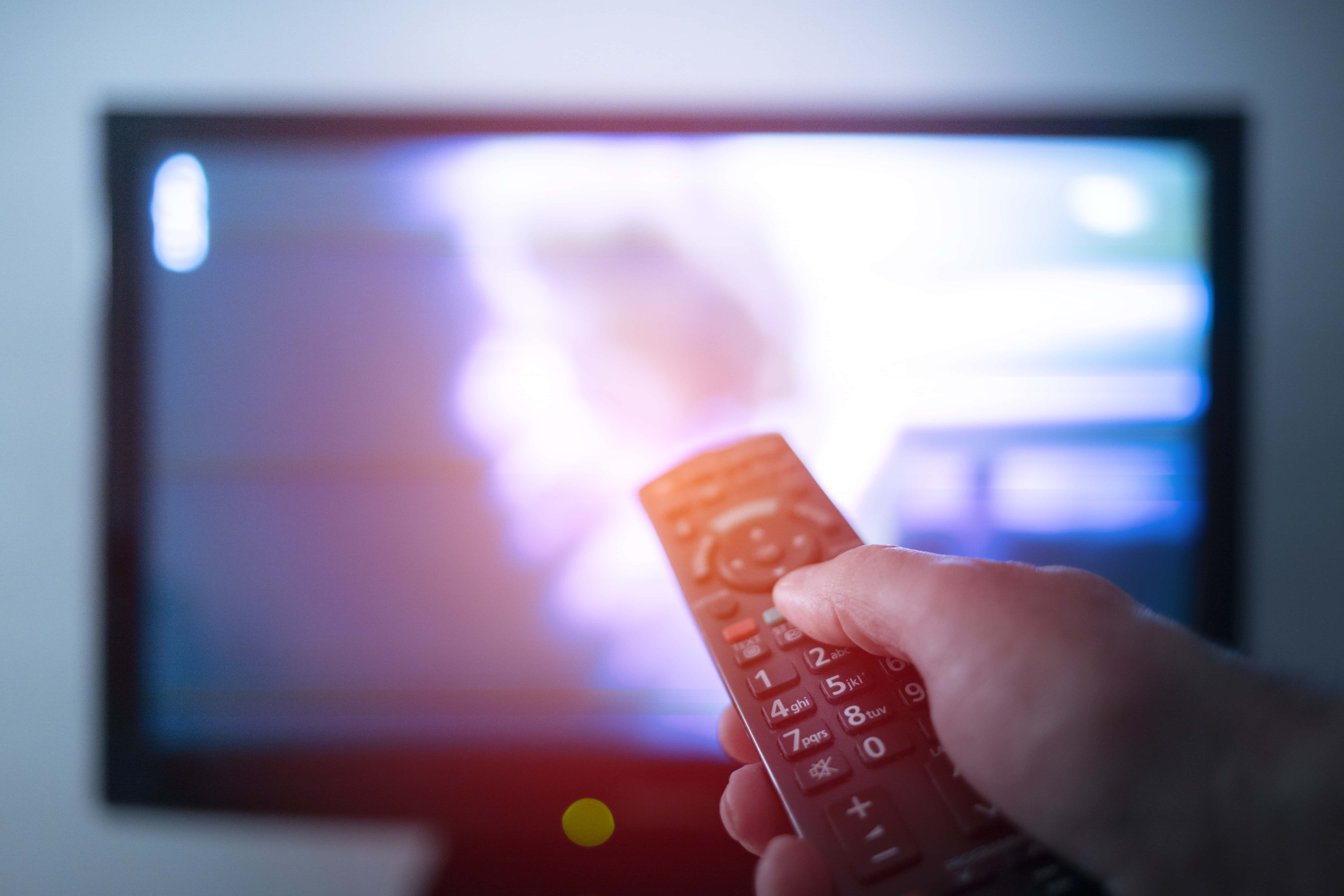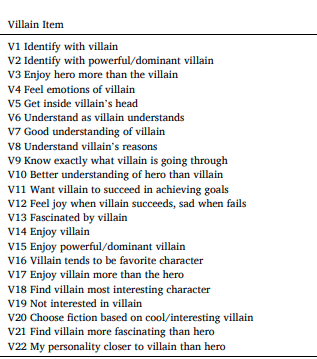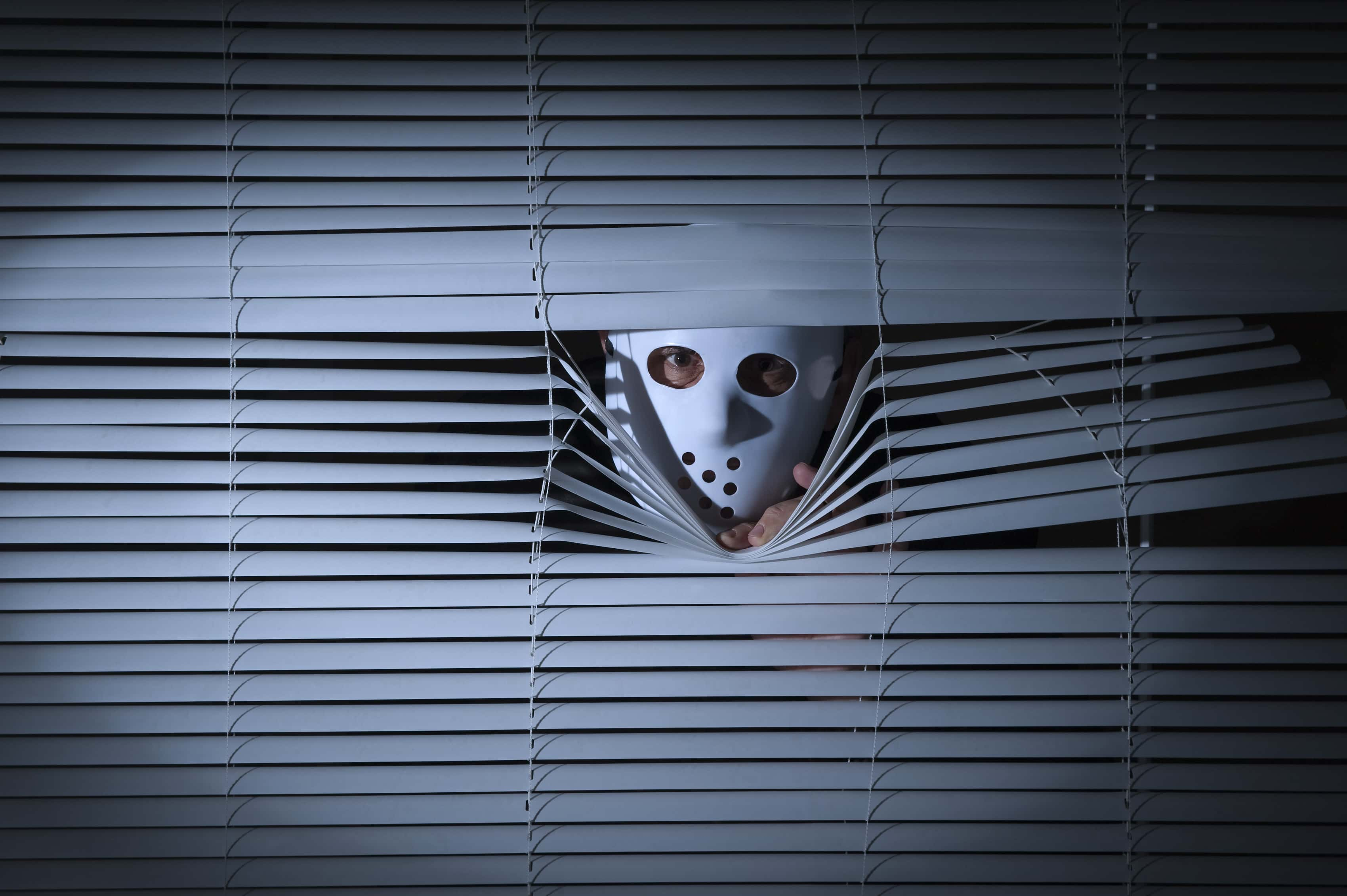Do dark personalities prefer dark characters? People who like fictional villains may share some traits, says study

It seems easy to explain why someone might like the typical hero of a fictional narrative. These characters are projected as brave, conscientious and prosocial. Paradoxically, villainous characters in film, literature and video games can be very popular.
By definition, villains are made to be morally offensive, yet they are occasionally iconic, imitated and celebrated characters in different media, including film (such as Darth Vader and Hannibal Lecter), literature (Lady Macbeth and Patrick Bateman), and video games (Sephiroth and Prince Arthas). Researchers now suggest that people who are drawn to such characters, that is fictional villains, are more likely to share similar dark traits or characteristics.
The team examined whether people who preferred villainous characters had the so-called “dark triad” of personality traits — narcissism, Machiavellianism and psychopathy. They found a strong link — people who scored high for Machiavellianism, psychopathy, and narcissism, were more likely to report they enjoyed, identified with, were fascinated with and empathized with villainous characters. But of the three traits, psychopathy and Machiavellianism appear to be more important in explaining “villain positivity” than narcissism.

“Audiences with a conventionally immoral personality profile may come to engage positively with villainous characters because they share the villains’ immoral outlook to some significant degree. We find robust support for this hypothesis in a North American sample by comparing respondents’ survey scores on the dark triad of personality traits (narcissism, Machiavellianism, psychopathy) with their professed degrees of villain sympathy, identification, fascination, empathy, and enjoyment,” write authors in the analysis published in the journal Poetics.
According to experts, the dark triad subsumes the conventionally immoral personality traits of narcissism, Machiavellianism and psychopathy. Narcissism describes a grandiose and entitled interpersonal style, where one feels superior to others and craves validation. Machiavellianism describes a manipulative interpersonal style characterized by duplicity, cynicism, and selfish ambition. Psychopathy describes low self-control and a callous interpersonal style aimed at immediate gratification.

The findings
The research team surveyed 1,805 individuals from North America, asking them to state how they felt towards villains who came to mind. The respondents were also asked to report how they regarded “powerful and dominant” prototypical villains, such as Darth Vader (Star Wars), Mystique (X-Men), and Agent Smith (The Matrix).
Participants had to respond to certain statements and indicate whether they agree or disagree. These include items such as “I tend to want the villain to succeed in achieving his or her goals” and “I tend to feel I have a better understanding of the hero than of the villain.” Agreement with each was indicated on a scale from 1 (strongly disagree) to 5 (strongly agree).
Participants were asked how they felt about statements such as “I find villain more fascinating than hero”, “I feel emotions of villain”, “I feel joy when villain succeeds, sad when fails”, “I enjoy villain more than the hero” and “my personality closer to villain than hero,” among others.

According to the authors, the main hypothesis of the present study — that individual differences in dark personality traits would predict various forms of villain positivity — was “roundly supported.” Individuals with darker personalities were significantly more likely to report such “positive modes of relating to villainous characters” as enjoyment, identification, fascination, and empathy.
“Audiences are not monolithic; while many members of an audience will indeed prefer the protagonist, audience members who possess dark traits appear to be drawn to villains who share those traits,” says the analysis.
However, identification with villainous characters was even more closely associated with having a dark personality than was either fascination or empathy. According to experts, the reason may be that fascination and empathy are more likely than identification to be based on concerns and impressions that are not, in themselves, antisocial and immoral, emphasize investigators.
“For example, someone might be fascinated by how the villain of the Joker came to his cynical perspective on humanity, without necessarily agreeing with that perspective. By contrast, identification with a villainous character seems unlikely in the absence of specifically antisocial identification,” they write.
The results show that gender was a significant source of individual variance in accounting for various forms of villain positivity. In general, males were more prone to experience the various forms of villain positivity.

“This gender difference can be partially explained by the fact that males tend to have a darker personality profile than females. In other words, it may be the relatively dark personality of males that explains the connection between maleness and villain positivity. Young males, in particular, reported high levels of villain positivity, which appears largely to be a function of their particularly high levels of dark personality traits,” suggests the team.
An additional reason for the connection between maleness and villain positivity might be that there are more well-known male than female fictional villains. Such a discrepancy might make it the case that males typically “assess their engagement with villains who are more similar to themselves in the various characteristics associated with maleness,” whereas females might typically assess their engagement with villains who are more dissimilar to themselves in terms of gendered characteristics.
“The greater perceived similarity of males to the male villains rated might then partially account for the greater villain positivity scores of male respondents in our sample,” authors say.










